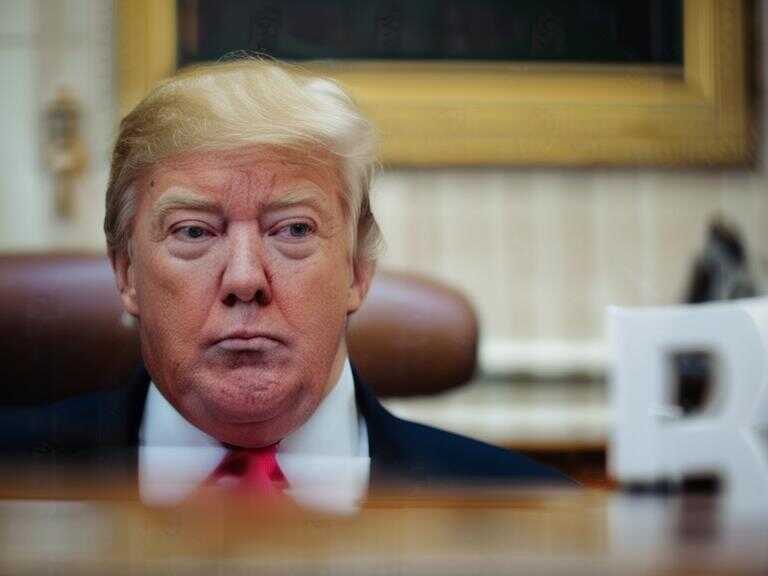
Trump Unleashes New Tariffs: Gold, China, and India in Crosshairs
Trump imposed tariffs on various countries, including China, India, and Switzerland, escalating trade tensions.

The global economic landscape is experiencing a period of significant volatility, fueled by escalating trade tensions and geopolitical uncertainties. The United States, under President Donald Trump's administration, has implemented a series of protectionist measures, including Trump tariffs, aimed at reducing the trade deficit and protecting domestic industries.
One of the key areas of contention has been the ongoing trade dispute between the US and China. Both nations are major economic players, and their interactions have profound implications for the global economy. The Trump administration has imposed substantial tariffs on Chinese imports, alleging unfair trade practices and intellectual property theft. In response, China has retaliated with its own tariffs on American goods.
The Impact of Trade Wars
The economic impact of these trade wars is multifaceted and far-reaching. Businesses operating in both countries face higher costs for imported raw materials and finished products, which can lead to price increases for consumers. Moreover, the uncertainty surrounding trade relations can discourage investment and hinder economic growth. The World Trade Organization (WTO) has warned that the ongoing trade tensions pose a serious threat to the global economic outlook.
Beyond the economic realm, trade disputes often intertwine with geopolitical considerations. In recent years, the US has imposed sanctions on several countries, including Russia and Iran, as part of its broader foreign policy objectives. These sanctions aim to pressure these nations to change their behavior or comply with international norms.
The pressure on Moscow to end the war in Ukraine is a prime example of how trade can be used as a geopolitical tool. By imposing tariffs on Indian imports due to its purchase of Russian oil, the US seeks to isolate Russia economically and discourage its military actions. This strategy reflects the growing recognition that trade and geopolitics are inextricably linked in the contemporary world.
In this complex and evolving global environment, businesses and policymakers face significant challenges. Companies need to adapt to changing trade patterns, manage supply chain disruptions, and navigate geopolitical risks. Policymakers must strive for a more stable and predictable international trading system while addressing legitimate concerns about unfair competition and national security.
Finding a balance between protecting domestic interests and fostering global economic cooperation is crucial. The future of the global economy hinges on the ability of nations to resolve trade disputes peacefully, promote fair trade practices, and work together to address shared challenges such as climate change and sustainable development.
Share news















